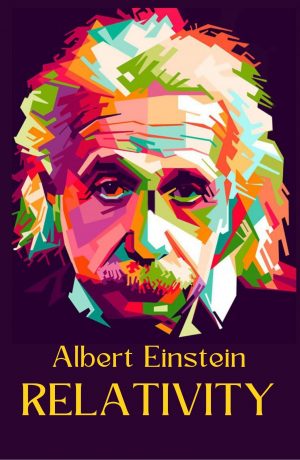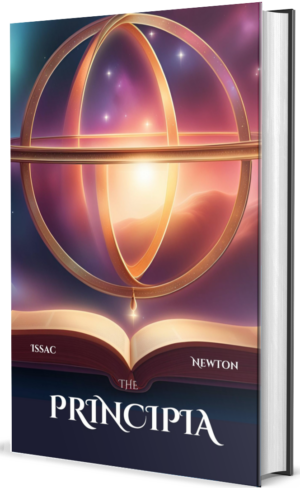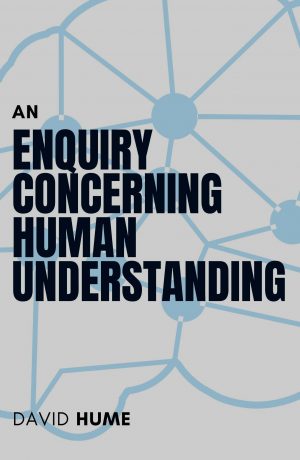Related products
-
Science
Relativity : the special and the general theory by Albert Einstein (HB)
0 out of 5(0)- Hardcover : 95 pages
- ISBN-13 : 978-8182479180
- Item Weight : 255 g
- Dimensions : 22.5 x 14.5 x 1 cm
Albert Einstein is the unquestioned founder of modern physics. His theory of relativity is the most important scientific idea of the modern era. In this book Einstein explains, using the minimum of mathematical terms, the basic ideas and principles of the theory which has shaped the world we live in today. Unsurpassed by any subsequent books on relativity, this remains the most popular and useful exposition of Einstein’s immense contribution to human knowledge. In this work Einstein intended, as far as possible, to give an exact insight into the theory of relativity to those readers who, from a general and scientific philosophical point of view, are interested in the theory, but who are not conversant with the mathematical apparatus of theoretical physics. The theory of relativity enriched physics and astronomy during the 20th century.
SKU: n/a -
Science, Science Fiction
The Principia
0 out of 5(0)A groundbreaking work in the field of physics and mathematics. In this monumental work, Newton formulated the laws of motion and universal gravitation, laying the foundation for classical mechanics and revolutionizing our understanding of the physical world. The Principia remains one of the most significant scientific books ever written, influencing generations of scientists, and shaping the course of modern physics and mathematics. The Groundbreaking Work of Sir Isaac Newton Mathematical proofs and equations. Comprehensive coverage of planetary motion. It helps in understanding the principles of motion. Logical and rigorous approach to scientific inquiry. It is studied and revered as a seminal work in the field of science.
SKU: abhputp -
Psychology, Science
An Enquiry Concerning Human Understanding by David Hume (H.B)
0 out of 5(0)A man in a fit of anger, is actuated in a very different manner from one who only thinks of that emotion. If you tell me, that any person is in love, I easily understand your meaning, and form a just conception of his situation; but never can mistake that conception for the real disorders and agitations of the passion. When we reflect on our past sentiments and affections, our thought is a faithful mirror, and copies its objects truly; but the colours which it employs are faint and dull, in comparison of those in which our original perceptions were clothed. It requires no nice discernment or metaphysical head to mark the distinction between them. -from “Of the Origin of Ideas” David Hume may well be the most significant philosopher ever to write in the English language: his arguments dramatically influenced both scientific and religious thinking, and much of what he wrote-particular concerning free will, political theory, and religion-still sounds startlingly modern. This 1748 treatise is the great thinker’s thinking on thinking. What can we know, and how can we be sure we really know it? Is there ever any “truth” outside of what we experience inside our own heads? Does experience lead to knowledge, or does experience in fact foil and fool our understanding of the world? Deeply empiricist and skeptical, Hume’s ideas continue to be reflected in everything from modern psychology to modern science fiction.
SKU: n/a






There are no reviews yet.